Tech moves fast—stay faster.
Tech moves fast—stay faster.
Quantum Leap: Osaka University Scientists Create Cleaner, Faster “Magic States” for Fault-Tolerant Computing
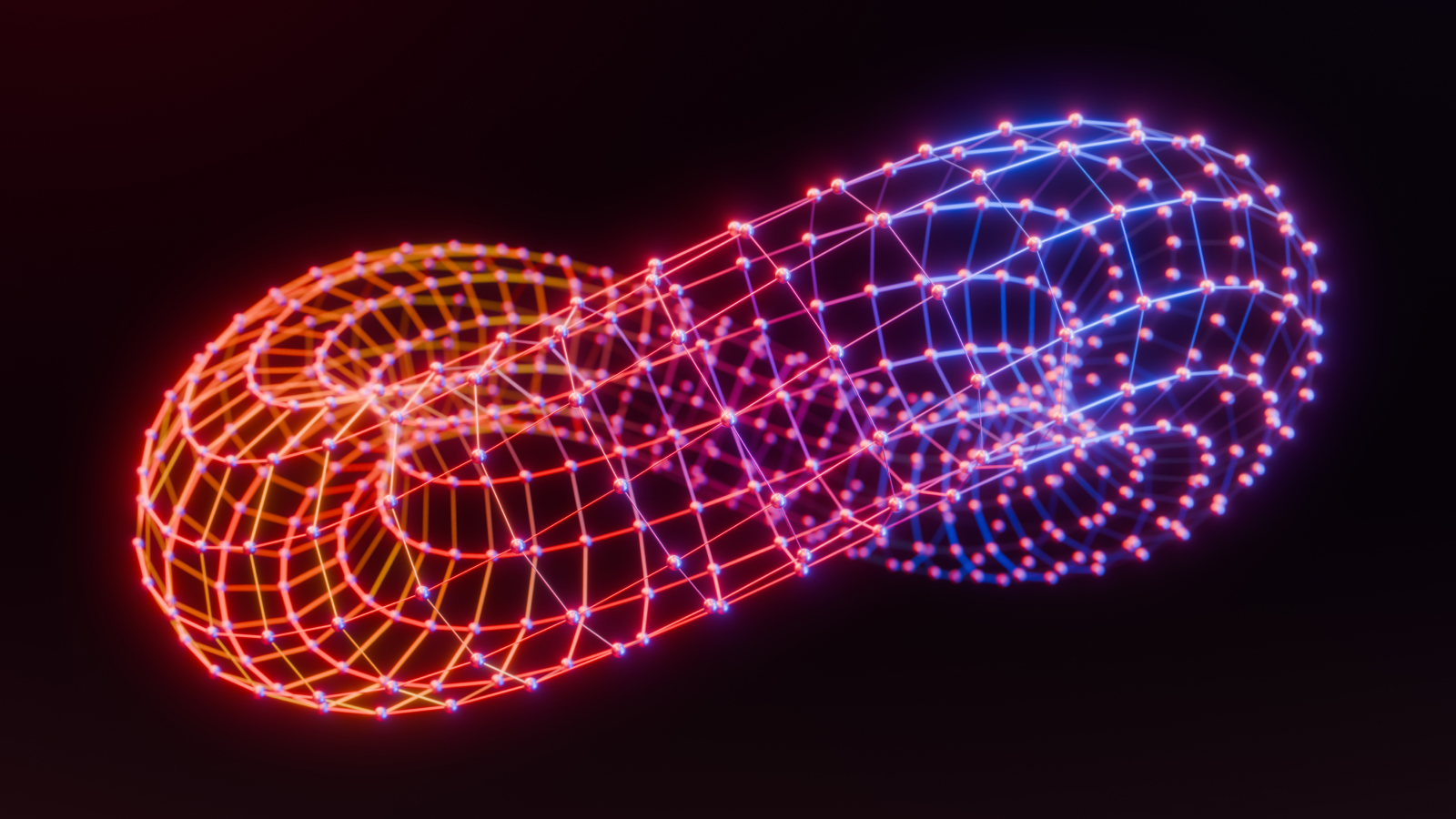

By Farhan Ali • June 23, 2025
In a landmark study, researchers from Osaka University have reported a breakthrough in the preparation of magic states—a key quantum computing resource that enables universal computation. Their new technique delivers significantly faster preparation and lower error rates, solving a major bottleneck in quantum architecture design.
The findings were published in Nature Physics and are already being hailed as a crucial step toward real-world quantum processors that can perform beyond classical limits.
What Are “Magic States”?
Magic states are non-Clifford quantum states that make universal quantum computation possible when used alongside Clifford gates. In essence, they allow quantum computers to perform operations that can’t be efficiently simulated by classical systems.
But preparing them accurately and reliably has long been a challenge due to:
- High error rates in quantum gate execution
- Decoherence from noise in quantum hardware
- Costly overhead from magic state distillation techniques
The Osaka Approach
The research team at Osaka introduced a simplified protocol that uses:
- Optimized error-correcting codes
- Shallow quantum circuits
- Hybrid classical-quantum feedback control
- Minimal gate count per magic state generation
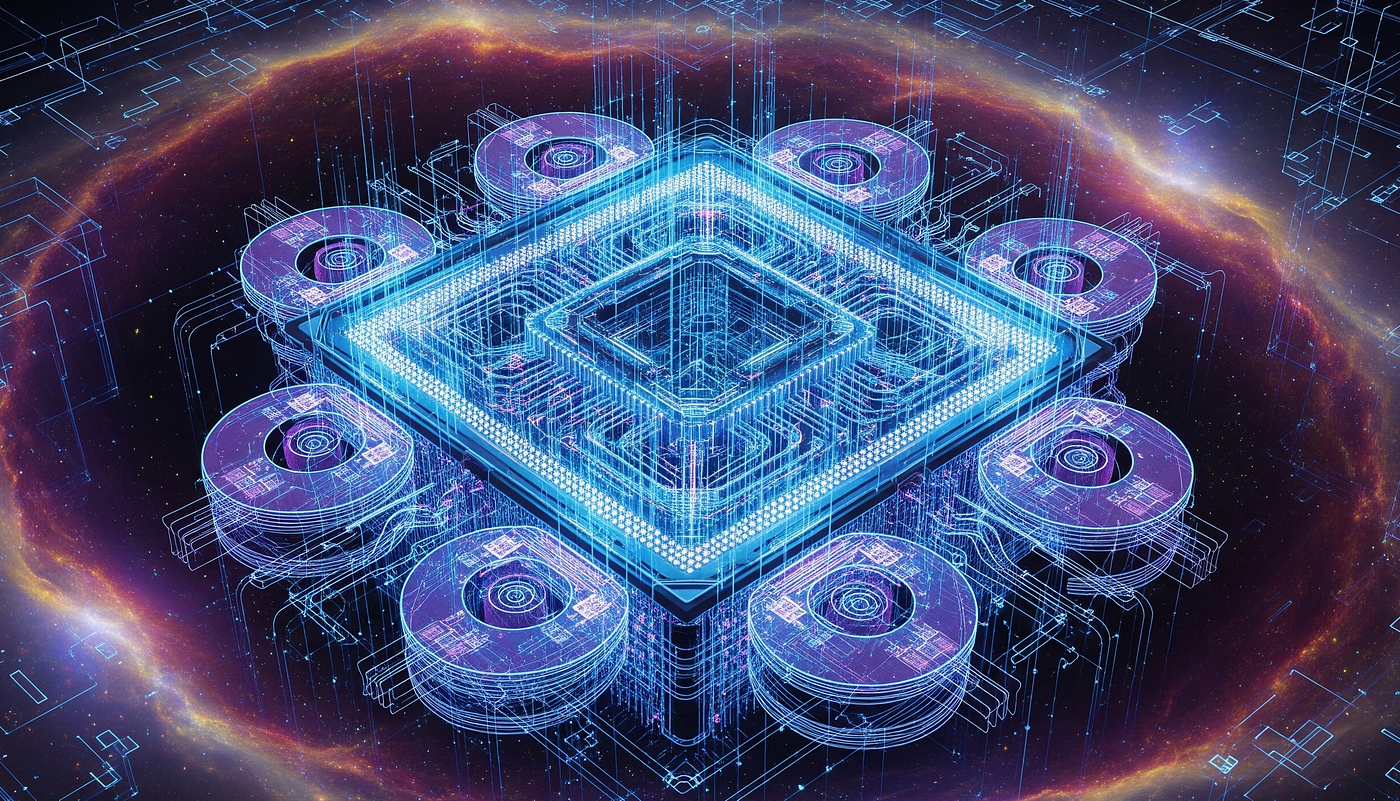
This results in:
- 40–60% faster preparation times
- Noise suppression exceeding previous baselines by 25%
- Reduced resource overhead for integration into near-term quantum systems
“This work removes a long-standing roadblock between today’s noisy quantum prototypes and the dream of large-scale, error-corrected quantum computing,” said lead physicist Dr. Haruki Nakano.
(Source: Nature Physics, Osaka University Quantum Lab)
Why It Matters
Quantum computing is advancing on two parallel tracks:
- Hardware scalability (more qubits, lower decoherence)
- Algorithmic reliability (less noise, smarter state preparation)
Magic states sit at the heart of the second challenge. They are the foundation for implementing Toffoli gates, T-gates, and other advanced operations used in quantum chemistry, cryptography, and AI.
By improving their production, Osaka’s researchers bring us closer to:
- Fault-tolerant quantum machines
- Secure post-quantum cryptography systems
- Quantum advantage in real-world tasks

Final Thoughts
As the race to quantum advantage intensifies, breakthroughs like this—quiet but foundational—are what turn theory into power. Cleaner, faster magic states may not grab headlines like 1,000-qubit chips, but they’re exactly what will make those qubits useful.
The quantum future doesn’t just need more bits. It needs better magic.
Sources:
Explore more
UK’s ARIA Pumps £800M into High-Risk, High-Reward Science—From Robotics to Biofabrication
By Farhan Ali • June 23, 2025 The UK is placing a...
China Just Switched On the World’s First Thorium Nuclear Reactor—Here’s Why That Matters
By Farhan Ali • June 23, 2025 China has officially brought online...
Indonesia Eyes Nuclear Partnerships with China and Russia After Discovering Massive Uranium Reserve
By Farhan Ali • June 23, 2025 Indonesia is actively considering partnerships...
China Successfully Tests Brain-Computer Interface, Becomes 2nd Nation in BCI Race
By Farhan Ali • June 23, 2025 China has become the second...





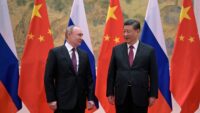


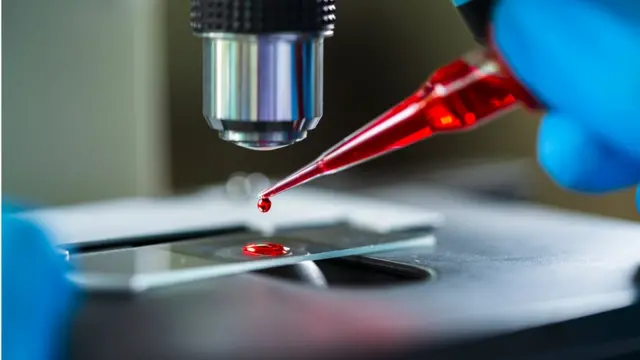


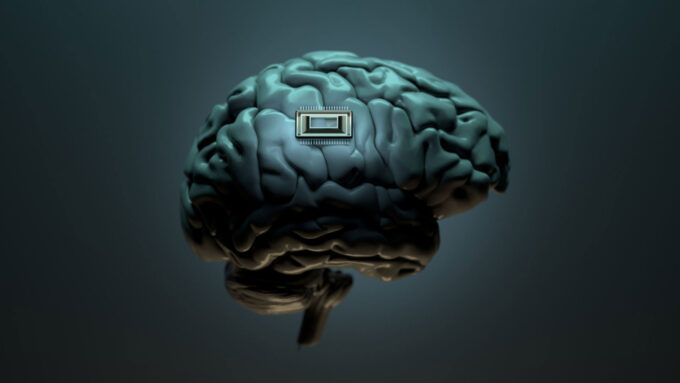



Leave a comment